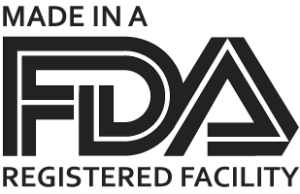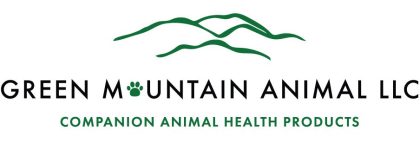Questions? Call Us Toll-Free 802-752-4738 | Email Us
How to Ensure Supplements Are Safe for Your Pet?
 Our pets are living longer, but with those extra years come a range of drawbacks: age-related health issues. A lot of pet owners turn to pet supplements in the hopes of turning back the clock. According to Packaged Facts, pet owners spend around $1.3 billion on treats or supplements with nutritional benefits for their pets. Cognitive dysfunction and joint deterioration contributed the most to those sales. Other reasons for the popularity of pet supplements include:
Our pets are living longer, but with those extra years come a range of drawbacks: age-related health issues. A lot of pet owners turn to pet supplements in the hopes of turning back the clock. According to Packaged Facts, pet owners spend around $1.3 billion on treats or supplements with nutritional benefits for their pets. Cognitive dysfunction and joint deterioration contributed the most to those sales. Other reasons for the popularity of pet supplements include:
- Vitamin deficiencies – Vitamin deficiencies, especially vitamin D is pretty common in pets since it is difficult to acquire from a regular diet. However, many pet owners have found plant-based multivitamins to be an excellent source of key vitamins and minerals, including vitamin A, B, C, D, and K.
- Oral health problems – Just like humans, pets can also easily become prone to a poor oral health, which in turn can negatively affect their overall health. Some pet supplements are designed to minimize tartar buildup in pets, thus supporting their dental health.
- A weak immune system – As pets get old, their immune systems weaken, thus making their bodies more vulnerable. An animal with a weakened system gets sick often and for long periods of time. Pet supplements help overcome this problem by strengthening the immune system due to the presence of vitamins and minerals, such as vitamins C, E, and B6, iron, folate, selenium, etc.
How To Make Sure That Supplements Are Safe For Your Pet?

While pet supplements are a great source of all the key vitamins and minerals, they might not always be the safest option for consumption. This is because the market is overflowing with numerous pet supplements brands and products, some of which may not be suitable for the health of your pet. However, there are certain steps you can take that will help you assess if the supplements are for your pet.
- Read the labels – check the back of the product and see whether the supplements contain the vitamins and/or minerals that your pet requires. Keep in mind that giving an excess of a certain nutrient to your pet can be just as dangerous as having a deficiency of that very same nutrient. So for instance, if your dog is not diagnosed with an iron deficiency, then buying supplements that contain 70% iron will not be the safest option. Moreover, check on the back to see who formulated the
 supplements. Was it a vet, an animal nutritionist, or an herbalist? If you have access to the internet, it is a good idea to quickly look the formulator on the internet and assess their qualification and experience related to animals.
supplements. Was it a vet, an animal nutritionist, or an herbalist? If you have access to the internet, it is a good idea to quickly look the formulator on the internet and assess their qualification and experience related to animals. - Check where the supplements were manufactured, and see if the country of origin has a “certificate of purity” for every ingredient that they used.
- See if the manufacturing company complies with the standards of GMPC and whether it has an FDA-approved facility?
Contact us today toll free at 802-752-4738 for more information on Manufacturing Pet Supplements

Sorry, comments are closed for this post.